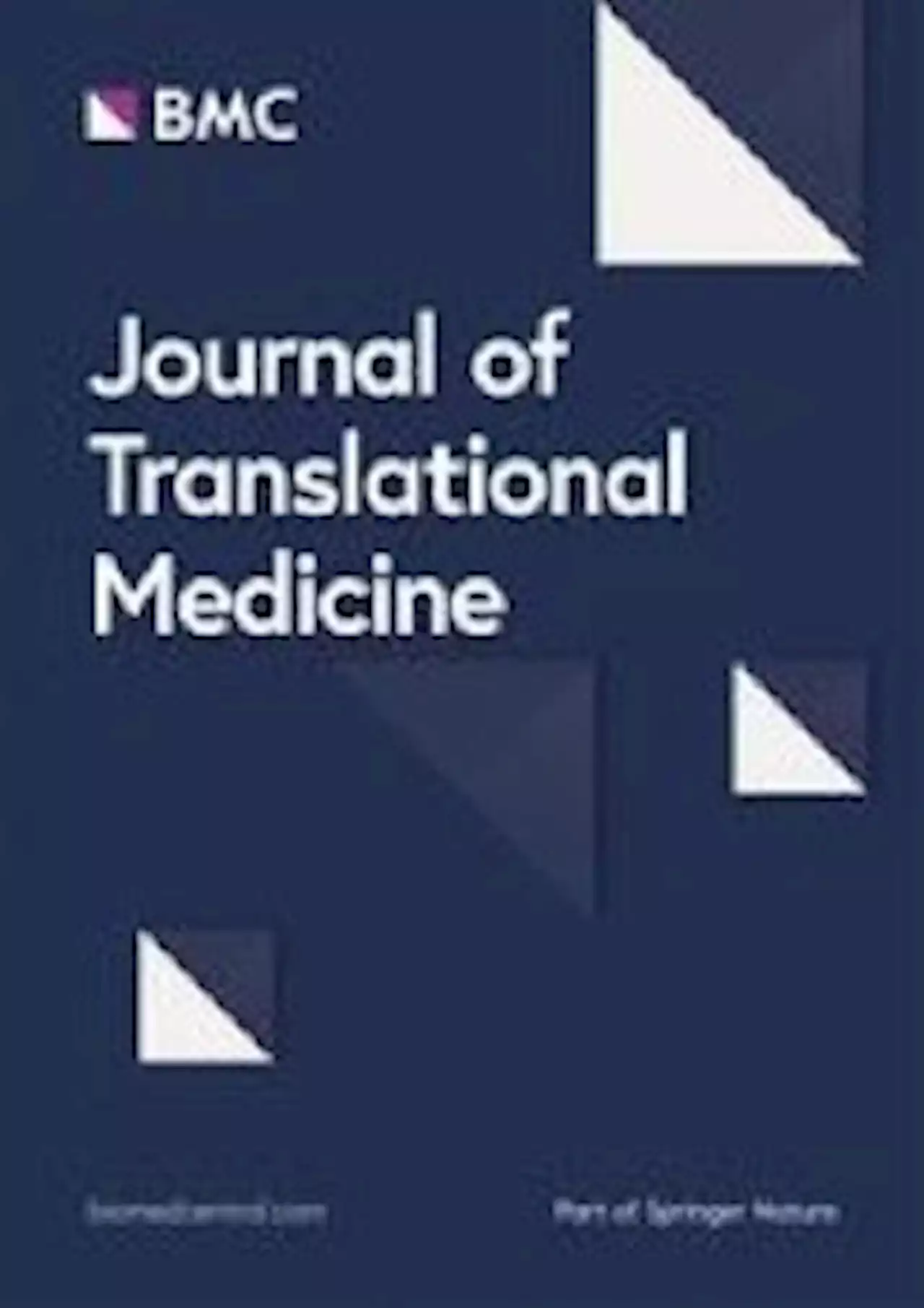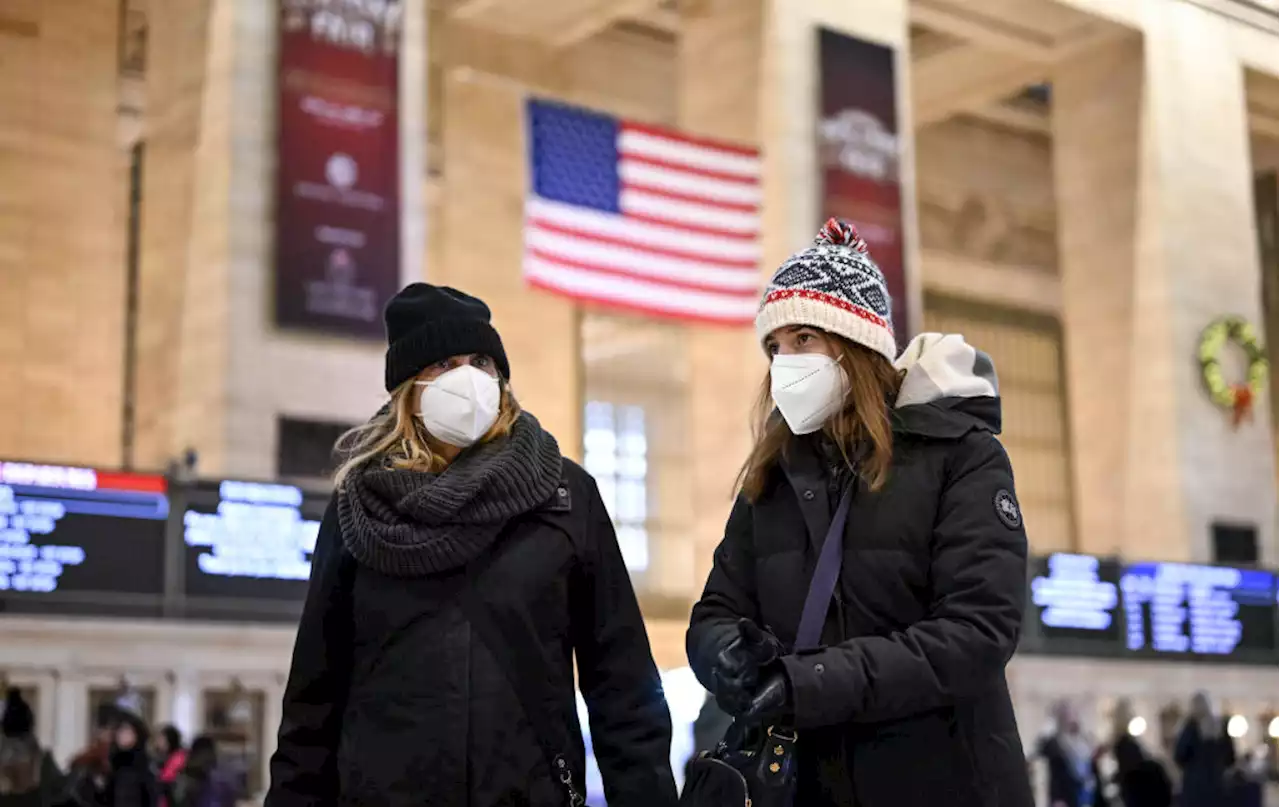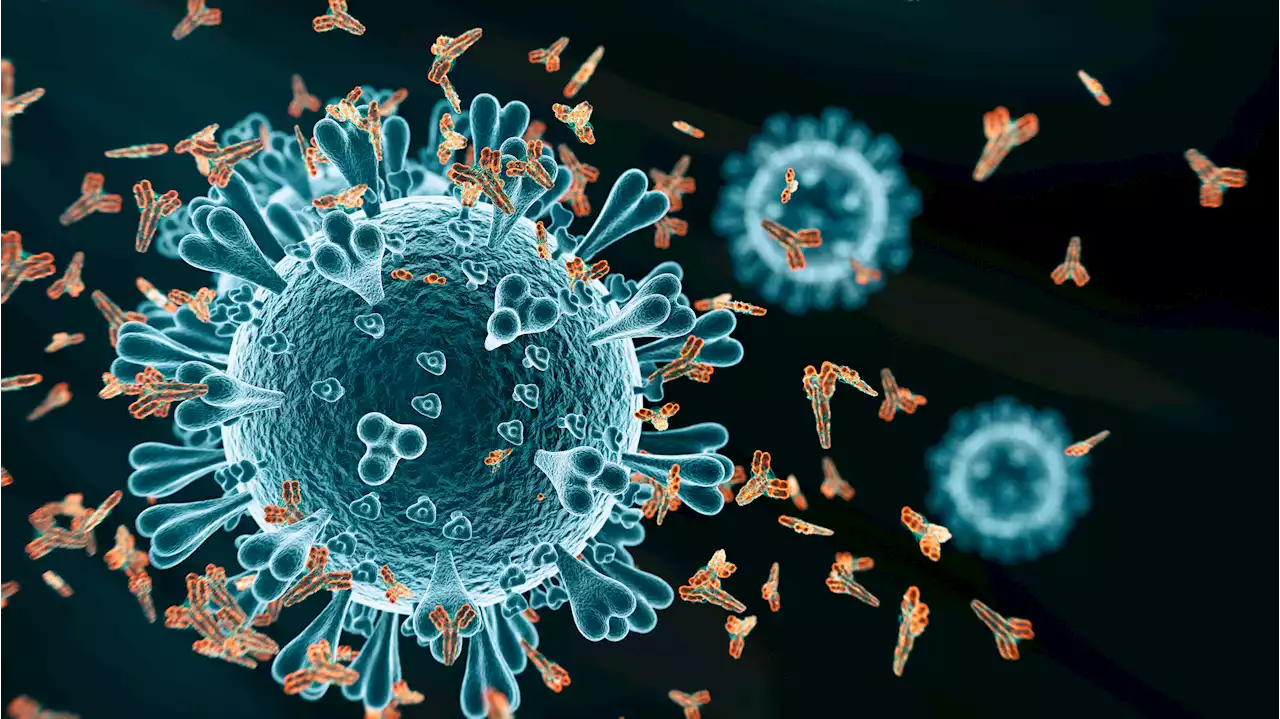No benefit of low dose apixaban following acute COVID-19 Apixaban Coronavirus Disease COVID medrxivpreprint Cambridge_Uni LivUni imperialcollege unibirmingham EdinburghUni
By Dr. Priyom Bose, Ph.D.Dec 14 2022Reviewed by Benedette Cuffari, M.Sc. The long-term adverse effects of infection with the severe acute respiratory syndrome coronavirus 2 , the causal agent of the ongoing coronavirus disease 2019 pandemic, are well documented. The manifestation of these symptoms, which is often referred to as ‘long-COVID,’ in severely infected COVID-19 patients has similarly been reported in many studies.
A recent retrospective cohort study that included about 48,000 individuals with acute SARS-CoV-2 infection who were admitted to National Health Service hospitals in England revealed that about 29% of these patients had been readmitted, while 12% had died following discharge. A similar pattern was also observed in another study based in the United States.
The National Institute for Health and Care Excellence failed to identify research that determined the effectiveness and safety of pharmacological prophylaxis to reduce the risk of venous thromboembolism in adults who have received care for COVID-19. However, NICE has published some relevant guidelines for the clinical management of COVID-19.
In this study, follow-up data were obtained through data linkage to routine clinical data sources. Additionally, self-reported data of the patients were collected through an app/web-based system or telephone calls conducted by the research team. Study findings Fourteen days of Apixaban treatment did not reduce subsequent hospital readmission or death rates. Furthermore, the hospital admission rate remained similar to that recorded before the commencement of the COVID-19 vaccination program and the application of various therapeutics, such as Tocilizumab, Dexamethasone, and antivirals.
These findings indicated that standard and anticoagulant treatment's risk-benefit ratio is finely balanced. Thus, the HEAL-COVID trial failed to demonstrate the overall benefits of Apixaban treatment in terms of mortality and hospital readmission, even after one year.
United Kingdom Latest News, United Kingdom Headlines
Similar News:You can also read news stories similar to this one that we have collected from other news sources.
What is the prevalence of COVID-19 detection by PCR among deceased individuals in Lusaka, Zambia? A postmortem surveillance studyObjectives To determine the prevalence of COVID-19 postmortem setting in Lusaka, Zambia. Design A systematic, postmortem prevalence study. Setting A busy, inner-city morgue in Lusaka. Participants We sampled a random subset of all decedents who transited the University Teaching Hospital morgue. We sampled the posterior nasopharynx of decedents using quantitative PCR. Prevalence was weighted to account for age-specific enrolment strategies. Interventions Not applicable—this was an observational study. Primary outcomes Prevalence of COVID-19 detections by PCR. Results were stratified by setting (facility vs community deaths), age, demographics and geography and time. Secondary outcomes Shifts in viral variants; causal inferences based on cycle threshold values and other features; antemortem testing rates. Results From 1118 decedents enrolled between January and June 2021, COVID-19 was detected among 32.0% (358/1116). Roughly four COVID-19+ community deaths occurred for every facility death. Antemortem testing occurred for 52.6% (302/574) of facility deaths but only 1.8% (10/544) of community deaths and overall, only ~10% of COVID-19+ deaths were identified in life. During peak transmission periods, COVID-19 was detected in ~90% of all deaths. We observed three waves of transmission that peaked in July 2020, January 2021 and ~June 2021: the AE.1 lineage and the Beta and Delta variants, respectively. PCR signals were strongest among those whose deaths were deemed ‘probably due to COVID-19’, and weakest among children, with an age-dependent increase in PCR signal intensity. Conclusions COVID-19 was common among deceased individuals in Lusaka. Antemortem testing was rarely done, and almost never for community deaths. Suspicion that COVID-19 was the cause of deaths was highest for those with a respiratory syndrome and lowest for individuals |19 years. Data are available upon reasonable request.
Read more »
 Brain fog of post-COVID-19 condition and Chronic Fatigue Syndrome, same medical disorder? - Journal of Translational MedicineBackground Myalgic Encephalomyelitis/Chronic Fatigue Syndrome (ME/CFS) is characterized by persistent physical and mental fatigue. The post-COVID-19 condition patients refer physical fatigue and cognitive impairment sequelae. Given the similarity between both conditions, could it be the same pathology with a different precipitating factor? Objective To describe the cognitive impairment, neuropsychiatric symptoms, and general symptomatology in both groups, to find out if it is the same pathology. As well as verify if the affectation of smell is related to cognitive deterioration in patients with post-COVID-19 condition. Methods The sample included 42 ME/CFS and 73 post-COVID-19 condition patients. Fatigue, sleep quality, anxiety and depressive symptoms, the frequency and severity of different symptoms, olfactory function and a wide range of cognitive domains were evaluated. Results Both syndromes are characterized by excessive physical fatigue, sleep problems and myalgia. Sustained attention and processing speed were impaired in 83.3% and 52.4% of ME/CFS patients while in post-COVID-19 condition were impaired in 56.2% and 41.4% of patients, respectively. Statistically significant differences were found in sustained attention and visuospatial ability, being the ME/CFS group who presented the worst performance. Physical problems and mood issues were the main variables correlating with cognitive performance in post-COVID-19 patients, while in ME/CFS it was anxiety symptoms and physical fatigue. Conclusions The symptomatology and cognitive patterns were similar in both groups, with greater impairment in ME/CFS. This disease is characterized by greater physical and neuropsychiatric problems compared to post-COVID-19 condition. Likewise, we also propose the relevance of prolonged hyposmia as a possible marker of cognitive deterioration in patients with post-COVID-19.
Brain fog of post-COVID-19 condition and Chronic Fatigue Syndrome, same medical disorder? - Journal of Translational MedicineBackground Myalgic Encephalomyelitis/Chronic Fatigue Syndrome (ME/CFS) is characterized by persistent physical and mental fatigue. The post-COVID-19 condition patients refer physical fatigue and cognitive impairment sequelae. Given the similarity between both conditions, could it be the same pathology with a different precipitating factor? Objective To describe the cognitive impairment, neuropsychiatric symptoms, and general symptomatology in both groups, to find out if it is the same pathology. As well as verify if the affectation of smell is related to cognitive deterioration in patients with post-COVID-19 condition. Methods The sample included 42 ME/CFS and 73 post-COVID-19 condition patients. Fatigue, sleep quality, anxiety and depressive symptoms, the frequency and severity of different symptoms, olfactory function and a wide range of cognitive domains were evaluated. Results Both syndromes are characterized by excessive physical fatigue, sleep problems and myalgia. Sustained attention and processing speed were impaired in 83.3% and 52.4% of ME/CFS patients while in post-COVID-19 condition were impaired in 56.2% and 41.4% of patients, respectively. Statistically significant differences were found in sustained attention and visuospatial ability, being the ME/CFS group who presented the worst performance. Physical problems and mood issues were the main variables correlating with cognitive performance in post-COVID-19 patients, while in ME/CFS it was anxiety symptoms and physical fatigue. Conclusions The symptomatology and cognitive patterns were similar in both groups, with greater impairment in ME/CFS. This disease is characterized by greater physical and neuropsychiatric problems compared to post-COVID-19 condition. Likewise, we also propose the relevance of prolonged hyposmia as a possible marker of cognitive deterioration in patients with post-COVID-19.
Read more »
 The Case for Cautious COVID Optimism This WinterSeveral key factors mean that we're unlikely to face a major COVID-19 surge this winter, argue Dr. Michael Daignault (MichaelDaignau3) and Dr. Monica Gandhi (MonicaGandhi9)
The Case for Cautious COVID Optimism This WinterSeveral key factors mean that we're unlikely to face a major COVID-19 surge this winter, argue Dr. Michael Daignault (MichaelDaignau3) and Dr. Monica Gandhi (MonicaGandhi9)
Read more »
 Notts firm enters administration with nearly 30 jobs lostThe company has been affected by the Covid pandemic and Ukraine war
Notts firm enters administration with nearly 30 jobs lostThe company has been affected by the Covid pandemic and Ukraine war
Read more »
 These Three Omicron Subvariants Are Causing 70% of New England COVID InfectionsThree omicron subvariants that more easily dodge immunity are now causing more than 70% of COVID-19 infections in New England, according to the latest data from the Centers for Disease Control and Prevention. This week’s subvariant data shows that BQ.1.1 accounts for 31.7% of cases in the New England region, followed by BQ.1 at 29.6%. XBB, another immune-evading variant, is…
These Three Omicron Subvariants Are Causing 70% of New England COVID InfectionsThree omicron subvariants that more easily dodge immunity are now causing more than 70% of COVID-19 infections in New England, according to the latest data from the Centers for Disease Control and Prevention. This week’s subvariant data shows that BQ.1.1 accounts for 31.7% of cases in the New England region, followed by BQ.1 at 29.6%. XBB, another immune-evading variant, is…
Read more »
 Alcohol-related deaths in Wales reached record high in 2021A charity suggested that the figures reflected the impact of Covid-19 lockdowns.
Alcohol-related deaths in Wales reached record high in 2021A charity suggested that the figures reflected the impact of Covid-19 lockdowns.
Read more »
